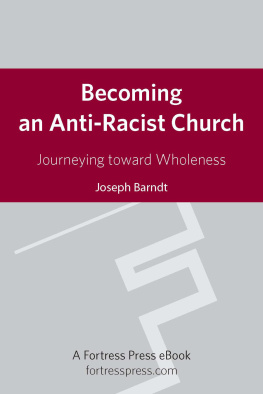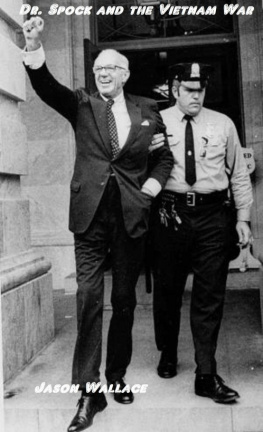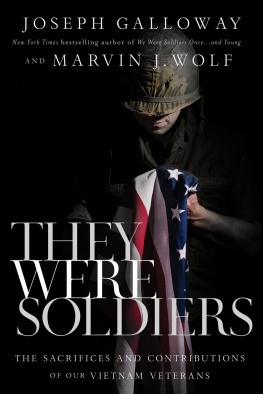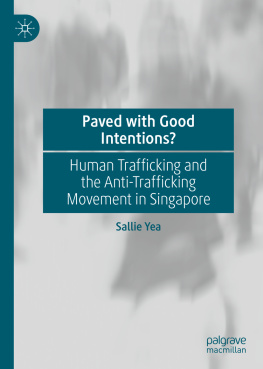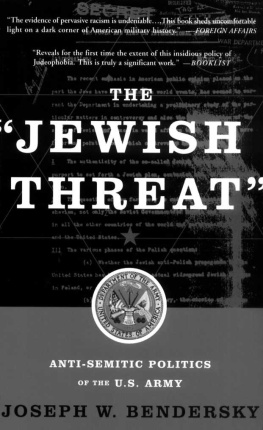Why was and is the Vietnam War still so controversial? It is barely taught in schools; and what is portrayed is that America was the aggressor in the war, Ho Chi Minh was a hero, the anti-war movement was a principled cause, and U.S. soldiers were war criminals because their involvement in the war was illegal. My replies follow.
America was not the aggressor. Presidents Truman, Eisenhower, Kennedy, Johnson, Nixon, and Ford recognized that the region was vulnerable, and Communist expansion was a threat which violated (SEATO), the Southeast Asia Treaty Organization treaty, which included France and its protectorate Vietnam.
Ho Chi Minh was an ardent Communist who led brutality against fellow Vietnamese people. He was a hero only to the Communists, their supporters, and the anti-war crowd.
The anti-war movement occurred at a time of the convergence of several emerging movements Civil Rights and Black Power, Womens Liberation, Gay Rights, Chicano Power, Jews and Catholics against the war. The media and academia relished the controversy as television quickly spread the carnage of the war and the debates about it to a curious public. They all took a principled stand against this war and defamed anyone involved or supporting it. So-called scholars perverted and misrepresented the wars history.
While anti-war protesters acted out, U.S. Soldiers, Marines, Sailors, Airmen, and Coastguardsmen served, fought, and died in Vietnam. Women also served as nurses and administrative personnel in Vietnam; some gave their lives, too. Vietnam veterans were treated as war criminals, were mocked, called baby killers, denied jobs, and generally defamed and ostracized. Two-thirds of their age group had volunteered to serve, as opposed to one-third who volunteered during World War II. They were patriots.
Why should you care about what I think? Because you should care about the truth of the times and the service of those who served in the Vietnam War! I am one of them. I was well-educated when I served as a combat infantry officer, recorded my thoughts and actions in a diary, saw a lot of combat during the bloodiest year of the war, and later became an attorney. I am one of those Vietnam veterans speaking out for those who may have been dissuaded to defend our service.
The controversy of the Vietnam War will continue long after this presentation because how can those who maligned Vietnam veterans admit their great sin against an entire generation who served their country? They cant and they wont!
Beginning in 1950, U.S. involvement in Southeast Asia increased from assisting French forces to providing direct military assistance to the associated states of Annam, Tonkin, Laos, and Cambodia. In May 1950, Truman committed 10 million U.S. dollars in military aid and established the Defense Attach Office in Saigon to support anti-Communist forces in Vietnam.
In September 1950, the U.S. military advisory effort in Vietnam had a modest beginning when the United States Military Assistance Advisory Group (MAAG) Vietnam, was established in Saigon. Its mission was to supervise the issuance and employment of $10 million of military equipment to support French Legionnaires combating Viet Minh forces. In 1951-52, U.S. military assistance and advisors were sent to Vietnam, and Trumans position was that the U.S. was helping the Vietnamese stop Communism rather than helping the French keep a colony.
The robust Communist-led guerrilla insurgency, the Viet Minh, had gained widespread popular support since its inception in 1941; and this resistance continued. The French, with U.S. support, tried to reoccupy Vietnam. The U.S. military aid jumped to over $350 million by 1953 and was used to replace the badly worn World War II vintage equipment that France, economically suffering from the devastation of that war, was still using.
In 1953, Dwight Eisenhower became U.S. President, and he saw the fall of French Indochina and the threat of Communist expansion in Southeast Asia as the Domino Theory (if South Vietnam fell, all Southeast Asia would fall).
In 1954, Frances efforts to maintain control over the South ended when the Viet Minh defeated the French at Dien Bin Phu. The 1954 Geneva Agreement ended the colonial war, granted independence to South Vietnam, and divided Vietnam at the 17th parallel pending unifying elections in 1956. Also in 1954, Diem returned at Bao Dais request to be prime minister of a U.S.-backed government in what in the following year would be proclaimed as the Republic of Vietnam (South Vietnam).
In September 1954, right after the Geneva Accords were signed on July 20, 1954, dividing Vietnam into north and south at the 17th parallel, President Dwight D. Eisenhower wrote to Ngo Dinh Diem, the new Prime Minister of the Bao Dai government, promising United States support to ensure a non-Communist Vietnam. The seeds of the NLF were several thousand Communists who defied the terms of the Geneva Accords (1954) and remained underground in South Vietnam.






